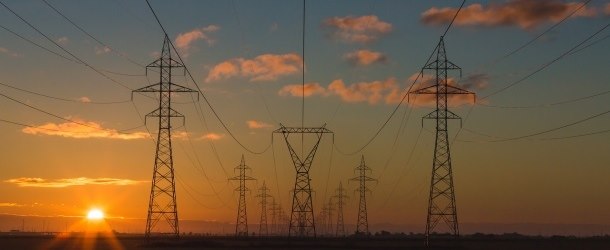Quantum Industry Partnerships Key to Power Grid Optimization Says DOE’s Commercialization Exec Rima Kasia Oueid

(FedScoop) The Department of Energy (DOE) needs more public-private partnerships if it hopes to advance quantum information science (QIS) to the point where it can optimize the U.S. power grid, said commercialization executive Rima Kasia Oueid.
Kasia Oueid’s Office of Technology Transitions was created by Congress in 2015 and tasked with expanding the commercial impact of DOE’s research and development portfolio, and that includes accelerating adoption of quantum computing.
Increased energy consumption across the U.S. has pushed the DOE, through its National Laboratories, and industry partners, to develop new quantum computing technologies. It is hoped that such technology will help the country adapt to ever-changing energy demands and renewable energy sources.
Both Oak Ridge and Los Alamos national laboratories use D-Wave System’s 2000Q quantum annealing computer for solving combinatorial optimization problems facing utility grids, electric vehicles, supply chains and risk assessments.
Solving quantum encryption over long distances could help different utilities to integrate energy flow across facilities and devices, while keeping electric grid communications safe from cyberattacks.
Experts say that developing quantum cryptography in tandem with the latest generation of supercomputers is necessary to guarantee U.S. national security.
Quantum-safe cryptography efforts are “well underway” developing algorithms that IT companies will ultimately sell in packages integrating them into the internet, said Carl Williams, deputy director of the Physical Measurement Laboratory at the National Institute of Standards and Technology.
Optimizing the electric grid isn’t DOE’s only reason for investing heavily in quantum computing.
The Office of Science has a funding opportunity announcement out for researchers to build apps using quantum algorithms to solve self-fusion, while the Office of Energy Efficiency and Renewable Energy thinks quantum-enable AI could optimize manufacturing processes.



















